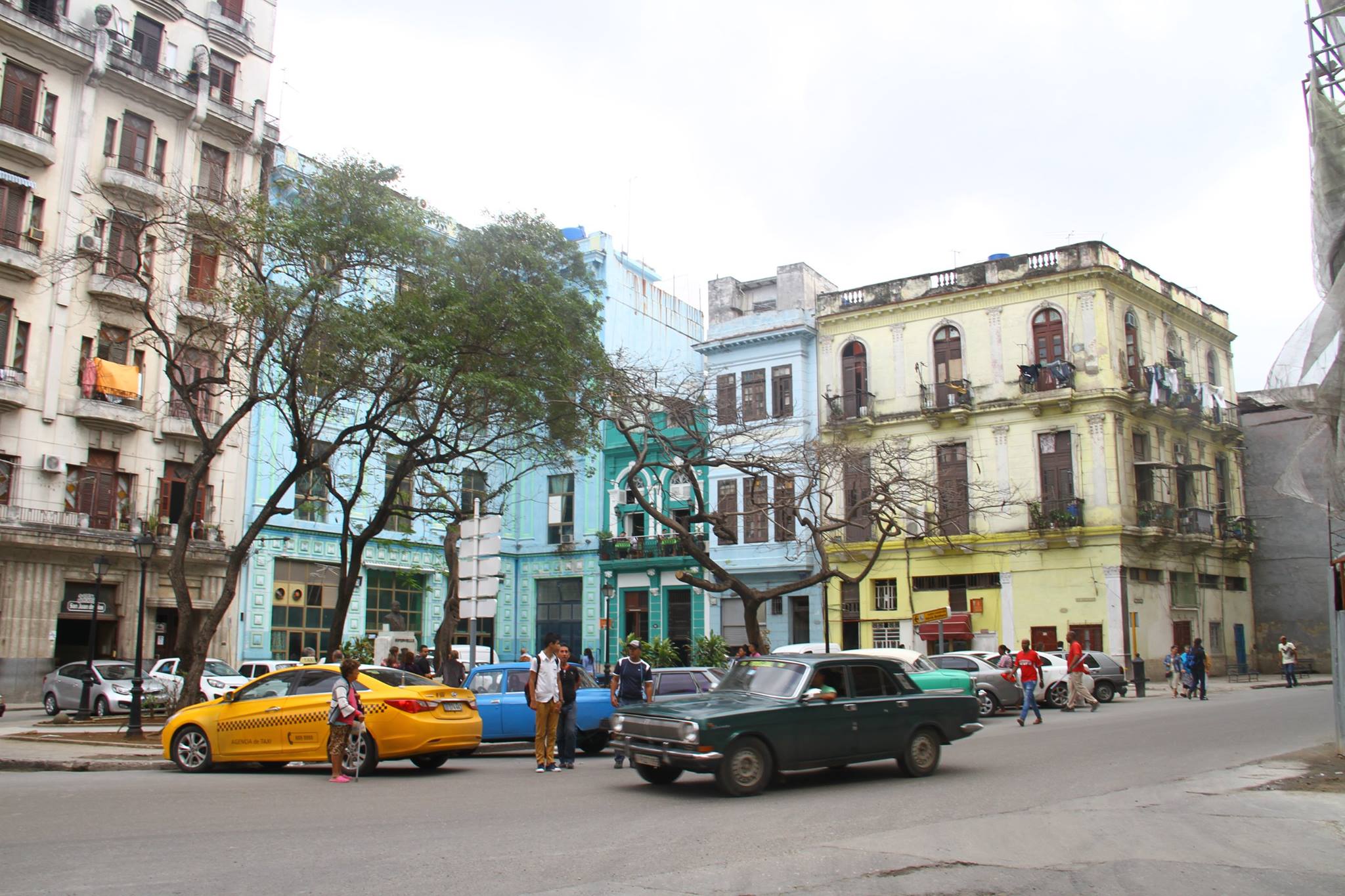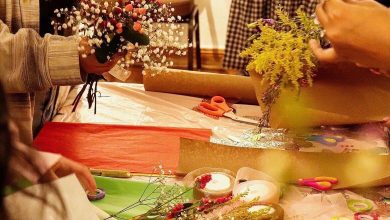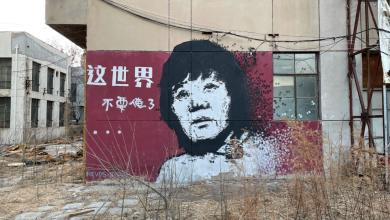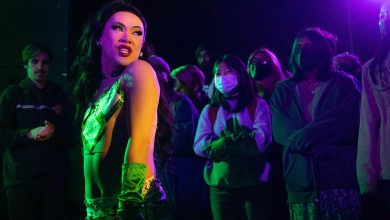Colorism and Privilege: An Afro-Cuban American in Havana

Photo by Graciela Barada.
My father, born in Cuba at the end of Castro’s Revolution, migrated to the United States in 1980. He was a young, black, Spanish-speaking political refugee who left his wife and months-old daughter behind in hopes of building a better life for himself. A “Marielito,” my father braved the 115-mile stretch of the Caribbean sea to Florida under President Carter’s pardon of Cuban refugees. My mother is a white Spaniard who moved to Washington, D.C. in 1989 for graduate school at Georgetown University. An unlikely couple, my parents met at my father’s Cuban nightclub, a hub for Latino culture, music, and dance. Although my siblings and I were born and raised in the U.S., we have been fortunate enough to travel to our parents’ birth countries in order to familiarize ourselves with their respective cultures.
I recently wrote about my spring break trip to Cuba in an attempt to extend to the UCLA community (and other FEM audiences) a deeper understanding of what life is like on the island in 2016. Through a series of conversations with my Cuban family, friends, and some acquaintances, I attempted to illustrate the brokenness, frustration, and desensitization that Cubans have suffered at the hands of the Communist regime and its failing socio-economic systems of governance. And while I hope that my writing has answered a few of the questions, dispelled some of the doubts, or satisfied the curiosity (to some extent) that some Americans may have had about Cuba, my trip has also informed my own understanding of what it means to be a female American of Afro-Cuban descent.
In Cuba, the Communist Revolution is often portrayed as the “great equalizer,” not just economically but also in respect to race relations. In many ways, this has been true: people of all racial and ethnic backgrounds have access to education, jobs, transportation, healthcare, and other social services. Regardless, there are traces of racial hierarchy and a colonialist mentality which are deeply entrenched in Cuban society. As far as I know, all of my Cuban relatives are black. The majority of them are dark-skinned; when asked, two of my male cousins expressed that they do not feel hated because of their African ancestry and darker pigmentation. Still, they are well-aware that their roles within society are informed by Cuba’s history of racial hierarchy and discrimination.
Although interracial couples are present in Cuban and American societies alike, both countries’ beauty standards often reflect the false notion that lighter-skinned people are inherently superior or more deserving of respect, praise, and attention than darker-skinned people. On the street, my sister Paloma and I turned the heads of both men and women because of our hair, which we wore naturally. I observed that most of the black Cuban women around me straightened their hair, dyed it lighter colors, or wore extensions or weave. This was disappointing to Paloma and me, who’ve been encouraged by our parents to embrace and celebrate our natural hair (curls, poof, and all other wonders it entails). These practices are now normative in Cuba, with very few women choosing to wear their hair in its natural state. While I am a firm believer in black female agency and agree that it is the right of each woman to choose how to dress or style herself, I am troubled by the demeaning and marginalizing beauty standards that place immense pressure on women to alter their appearances and shame women who choose not to.
Paloma and I frequently encountered questions about our hair: “Why it is that you choose not to straighten it?” or “Wouldn’t it be easier to just leave it straight?” Maybe, but those styles just aren’t me. I was even told that I was “still pretty,” despite my natural hairstyle. I have grown accustomed to comments of this nature and simply brushed them off; still, the toxic attitudes that surfaced during these painstakingly repetitive and fruitless conversations were troubling.
As a mixed-race person (black and white), I have struggled to forge my identity and collate my African ancestry with my Hispanic heritage and my American nationality. Today, I identify strongly with my Afro-Cuban background and greatly value the history, culture, and present-day realities of its people, namely those who are of African descent. In both the United States and Cuba, black women are subjected to racism and sexism, which gnaw at their psyche and the development of their identities. Dark-skinned women, in particular, are even more vulnerable to microaggressions and societal attacks, which are manifested both explicitly and implicitly. Exposure to my father’s extended family has pushed me to check my privilege; meanwhile, my visits to Spain, where my siblings and I are surrounded by all-white family and friends, have made me hyper-aware of my blackness and all that it entails (both the banes and boons/disadvantages and the unearned privileges).
Multiculturality is a beautifully unique yet complex and confusing experience. On one hand, being with my Cuban family allows me to celebrate my blackness and my Hispanic heritage; on the other, I am made blatantly aware, by the preferential treatment that I receive, of the many privileges that I hold, not only for having been born in the United States but for having a European mother. The overlapping, and presumably contentious, facets of my identity are in fact forces which I hope to reconcile to reflect the multicultural person that I am.




